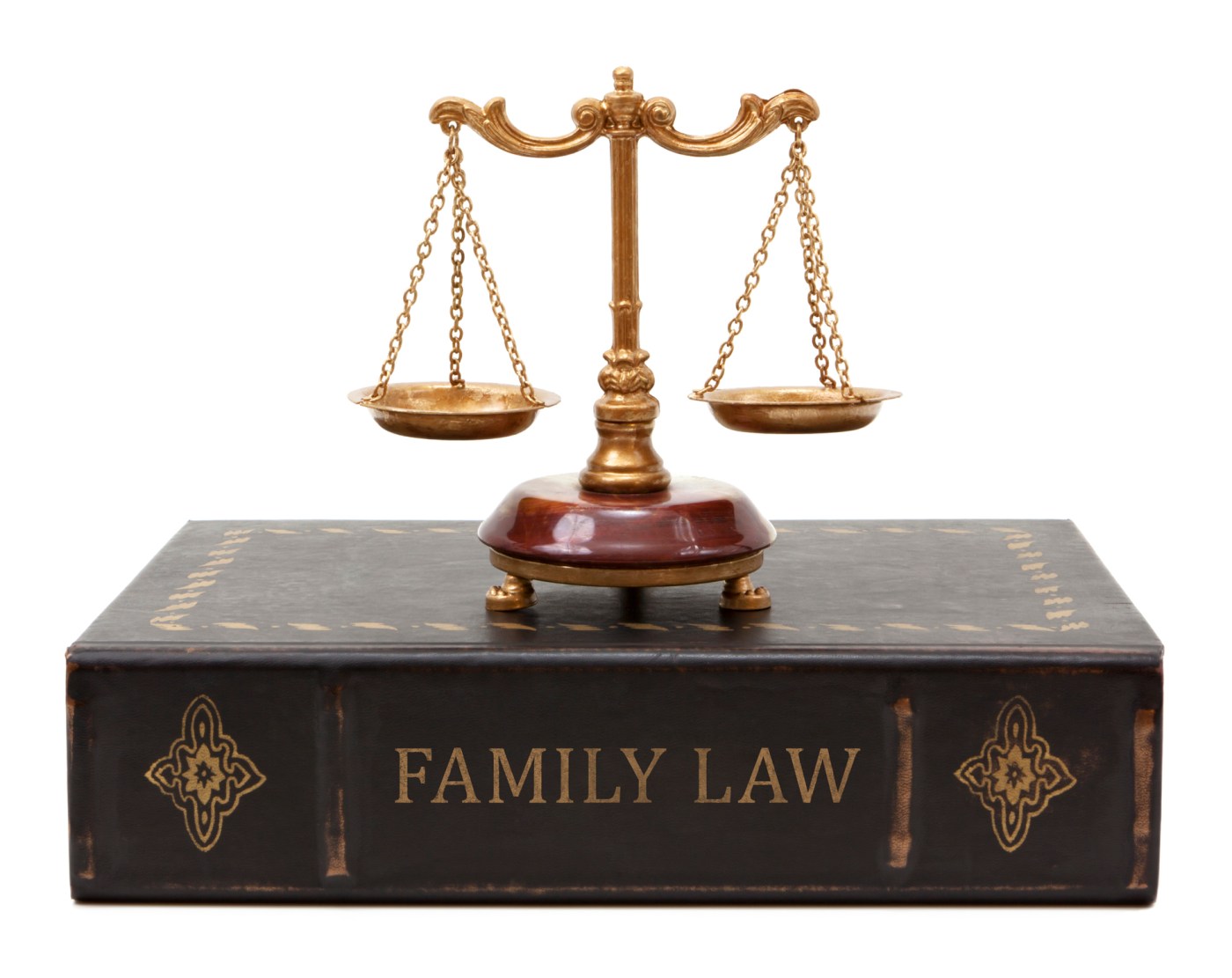
Judge rejected our agreement – what do we do now?
Q. I just had a horrible experience in court. My husband and I reached an agreement with our lawyers. Part of the agreement was that I would stay in our house until our daughters, who are freshmen, graduate from college and then we would sell and divide the proceeds equally. We feel very strongly that they should be able to come back to their childhood home.
I don’t have the money to buy him out. He doesn’t want to buy me out, but he is willing to let me stay in the house in exchange for a reduced child support payment so long as he continues to share in any appreciation when it is sold in four years.
We feel very strongly about this provision because one of our daughters struggles with mental health and we are not confident she will be able to remain living in a dorm – she may end up moving home and commuting.
When the lawyers presented our agreement to the judge, she rejected it and said we can’t keep the house together post-divorce and we can’t use that as a means to cut child support. The lawyers basically threw up their hands and said she is a new judge and they didn’t know she would reject it. Shouldn’t the lawyers know the judges? What can we do now?
A. Part of every lawyer’s job is to know the judges. That includes knowing nuances of which judges approve certain clauses. The judges have significant discretion in family law matters and not everyone approaches things the same way or for the same reasons. There was a recent flurry of judicial appointments in family court and even in the years leading up to this, there were many new judges appointed. The lawyers do not get to choose which judges are assigned to our cases. And sometimes, by the timing of when we file our cases, we get the same judge over and over (happens to me all the time). So, we don’t get to know how the newer judges approach some of the more unique issues – all we can do is try to explain the reason for the agreement and sometimes the judges will reconsider and sometimes not.
You have two bad options – dismiss your divorce and wait a few more years before re-filing at which point you won’t need this provision, or come up with a different solution to the issue. If the two of you are able to live apart and abide by the spirit of your agreement – try it.
Email questions to whickey@brickjones.com


